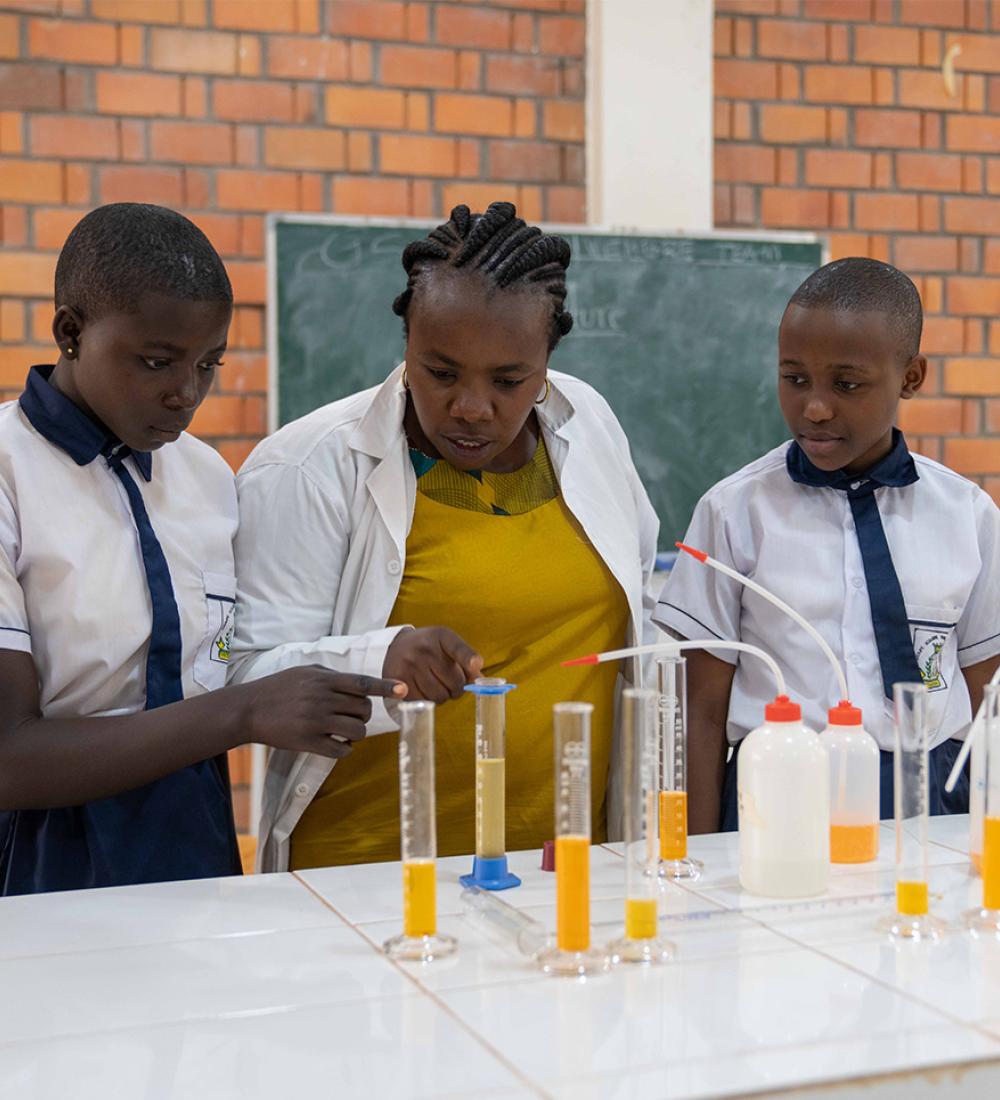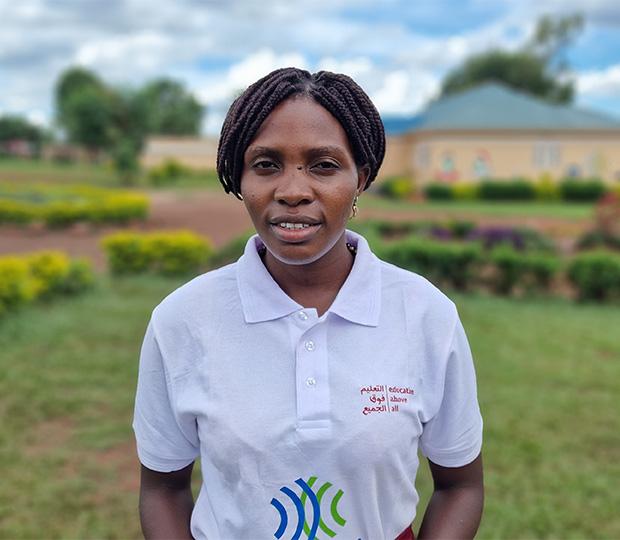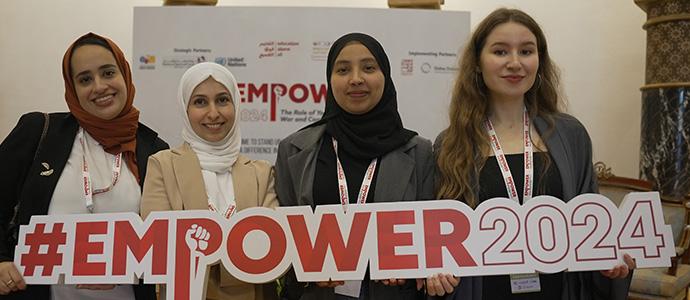The Role of Data in Improving Prevention and Response to Attacks on Education
As highlighted during the EAA plenary session, existing surveys rely on data that are several years old and therefore do not fully reflect the situation in an up-to-date way. The session featured an explanation of PEIC’s global data service on attacks on education, which will be a hub for the collection, sorting, analysis, storage and distribution of information about attacks on education for policy-makers, the UN, NGOs and other stakeholders.
The session was moderated by Dr. Kevin Watkins, Executive Director of the UK’s Overseas Development Institute (ODI), and featured a panel of experts, including Dr Anna Alvazzi del Frate, research director for the Small Arms Survey; Dr Maryam Qasim, former human development and public services minister for Somalia; Dr Mark Richmond, director of PEIC; and Mr Laurent Dutordoir, child protection officer for the UN Department of Peacekeeping Operations. Panelists shared their perspectives and experiences concerning how data can be used to strengthen policy development, programme design and operational practice related to attacks on education.
Commenting on the introduction of the global data service, Richmond said, "Setting up and operating the hub is an exciting prospect but it will be a complex and demanding task. To be credible and trustworthy, it will need to be independent, rigorous, transparent and professional. Those supplying data to it and those using its outputs will expect nothing less."
When asked whether new data reveal anything unexpected regarding attacks on education, Richmond continued: ‘The surprise in the existing data is that there’s still so much we don’t know. For example, who is counting the number of people hurt in these attacks, the ones whose lives are forever changed by injury and loss? These are the ones left behind. They need to be accounted for when we determine what reparations must be made by the parties responsible’.
PEIC’s global data service will draw information from multiple sources, including UN agencies, NGOs, human rights groups, and the media; increasingly, on-the-ground reporting from members of the community will become available too, using social media. The main aim is to paint a clear, accurate and verifiable picture of the extent of attacks on education. Starting with five countries – Afghanistan, Colombia, Iraq, Nigeria and South Sudan - the global data service will gradually add data on other countries and situations over the coming months. Cross-referenced for accuracy and reliability, the data are likely to become a key resource to those looking to identify attacks on education as they are happening or as information becomes available. Eventually, the data will be used to inform prevention and responses, and to identify which are working.
‘The loss of institutions during times of conflict goes hand-in-hand with the loss of data’, said Dr Qasim, explaining that these gaps make it difficult to develop policies needed to restore normalcy and ensure sustainable development post-conflict. The reports and profiles offered through the data hub can aid national governments and intergovernmental bodies in their efforts to react to existing crises and hopefully identify trends that could be used to prevent future incidents.
Through data, in-depth analysis and awareness of context, stakeholders will be helped to understand the impact of these attacks on communities, information that can be used to hold perpetrators responsible and ensure that victims are recognised and not forgotten. Having good quality data about attacks on education also ensures that the issues can be brought to the attention of UN governing bodies in order to shape mandates, inform deliberations, and suggest the need for resolutions, explained Mr Dutordoir. It is because of ten years’ worth of data showing the impact of attacks on education that 37 countries committed to uphold the Safe Schools Declaration at a meeting hosted by the Norwegian Foreign Affairs Ministry in Oslo this past May.













